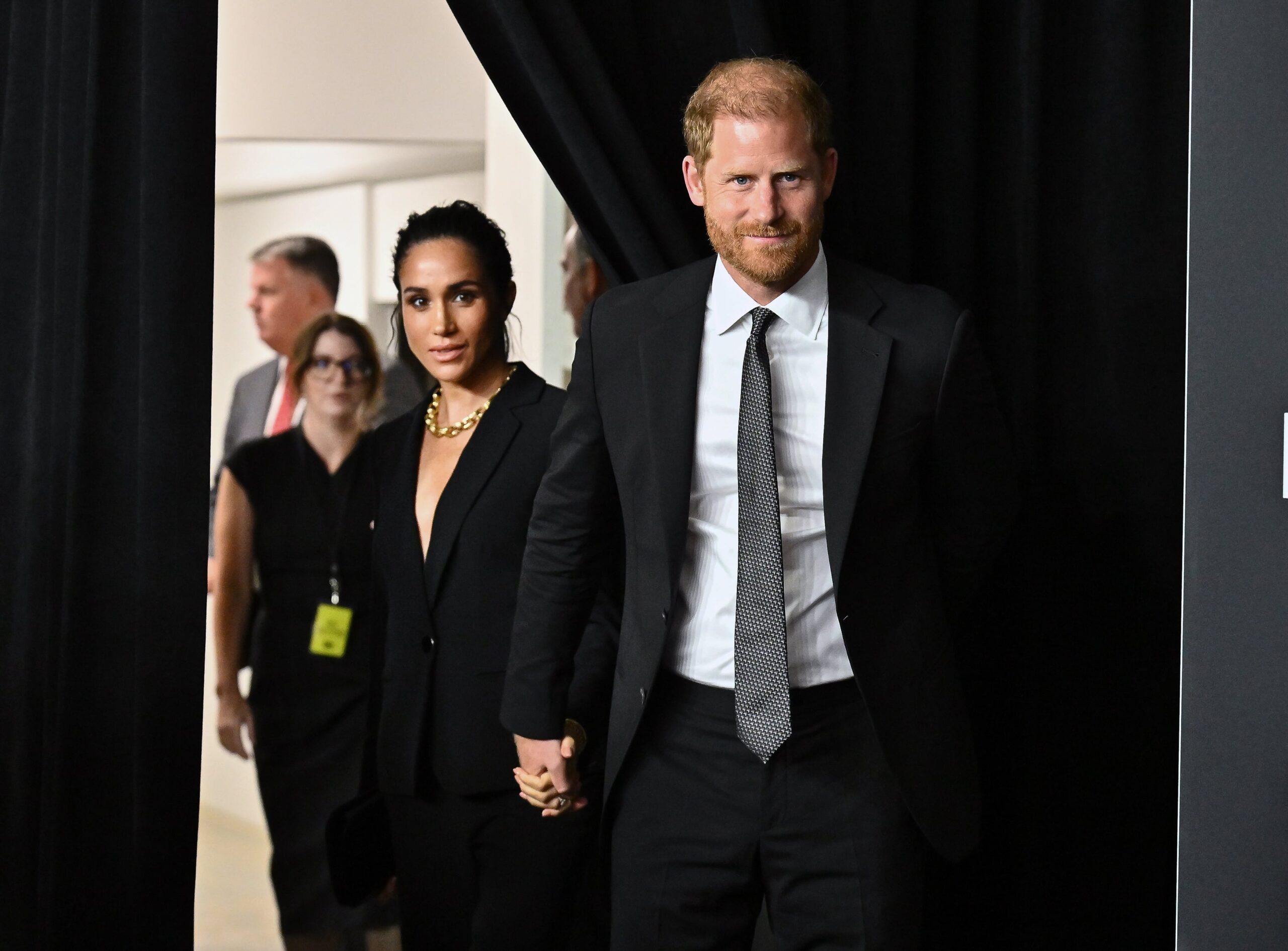Business
Prominent Figures Call for Halt on Superintelligence Development

In a significant move, over 700 scientists, public figures, and celebrities, including Prince Harry and Richard Branson, have united to call for a cessation of efforts towards developing artificial intelligence that could surpass human intelligence. This appeal was articulated in an open letter issued on March 27, 2024, by the Future of Life Institute, a U.S.-based non-governmental organization dedicated to addressing the potential perils of advanced AI.
The letter emphasizes the necessity for a prohibition on the creation of superintelligent AI until it can be deemed reliably safe, controllable, and accepted by the public. Among the notable signatories are renowned figures in the AI field, such as Geoffrey Hinton, often referred to as the “Godfather of AI” and a recent recipient of the Nobel Prize in Physics; Stuart Russell, a professor at the University of California in Berkeley; and Yoshua Bengio, the world’s most-cited AI scientist from the University of Montreal.
The initiative also gathers support from an array of influential personalities, including former U.S. President Barack Obama‘s national security adviser Susan Rice and former adviser to President Donald Trump, Steve Bannon. The Vatican’s AI expert, Paolo Benanti, as well as celebrities like Meghan Markle and musician will.i.am, have also endorsed the campaign, highlighting its broad appeal across various sectors of society.
This movement emerges against a backdrop where numerous AI developers are pursuing artificial general intelligence (AGI), a phase in which AI would match human cognitive abilities and potentially lead to superintelligence that exceeds them. OpenAI CEO Sam Altman, whose company is responsible for creating ChatGPT, articulated at a media event in September that achieving superintelligence could be possible within five years.
According to Max Tegmark, president of the Future of Life Institute, companies should not pursue such ambitious goals without an adequate regulatory framework. He stated to AFP, “Many people want powerful AI tools for science, medicine, productivity, and other benefits.” Meanwhile, Anthony Aguirre, co-founder of the institute, expressed concern that the current trajectory of AI corporations, focusing on creating smarter-than-human AI intended to replace human roles, is misaligned with public expectations, scientific safety, and ethical considerations.
The open letter reflects sentiments echoed in an earlier communication from AI researchers and industry professionals during the recent United Nations General Assembly. This prior letter urged global governments to establish an international agreement on “red lines for AI” by the end of 2026, indicating a growing consensus on the need for regulation in the rapidly evolving field of artificial intelligence.
As discussions around AI safety and ethics continue to gain momentum, the collective voices of these scientists, political figures, and celebrities underscore a critical call for caution in the quest for advanced artificial intelligence, prioritizing safety and societal acceptance above all.
-

 Politics1 month ago
Politics1 month agoSecwepemc First Nation Seeks Aboriginal Title Over Kamloops Area
-

 World5 months ago
World5 months agoScientists Unearth Ancient Antarctic Ice to Unlock Climate Secrets
-

 Entertainment5 months ago
Entertainment5 months agoTrump and McCormick to Announce $70 Billion Energy Investments
-

 Science5 months ago
Science5 months agoFour Astronauts Return to Earth After International Space Station Mission
-

 Lifestyle5 months ago
Lifestyle5 months agoTransLink Launches Food Truck Program to Boost Revenue in Vancouver
-

 Technology3 months ago
Technology3 months agoApple Notes Enhances Functionality with Markdown Support in macOS 26
-

 Lifestyle3 months ago
Lifestyle3 months agoManitoba’s Burger Champion Shines Again Amid Dining Innovations
-

 Top Stories2 months ago
Top Stories2 months agoUrgent Update: Fatal Crash on Highway 99 Claims Life of Pitt Meadows Man
-

 Top Stories2 weeks ago
Top Stories2 weeks agoHomemade Houseboat ‘Neverlanding’ Captivates Lake Huron Voyagers
-

 Politics4 months ago
Politics4 months agoUkrainian Tennis Star Elina Svitolina Faces Death Threats Online
-

 Sports5 months ago
Sports5 months agoSearch Underway for Missing Hunter Amid Hokkaido Bear Emergency
-

 Politics5 months ago
Politics5 months agoCarney Engages First Nations Leaders at Development Law Summit





















